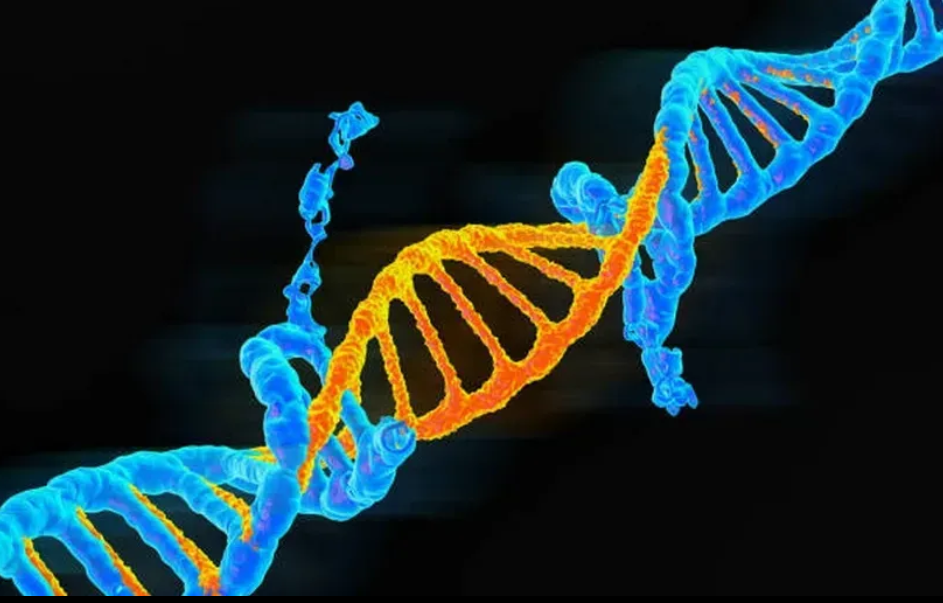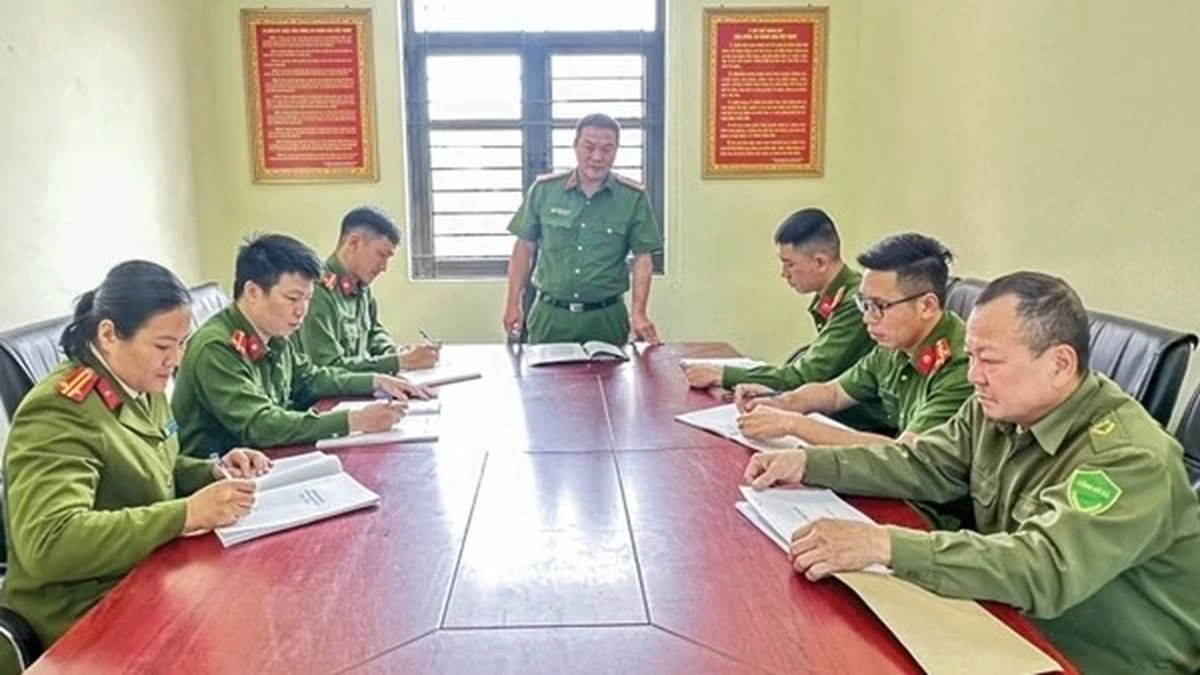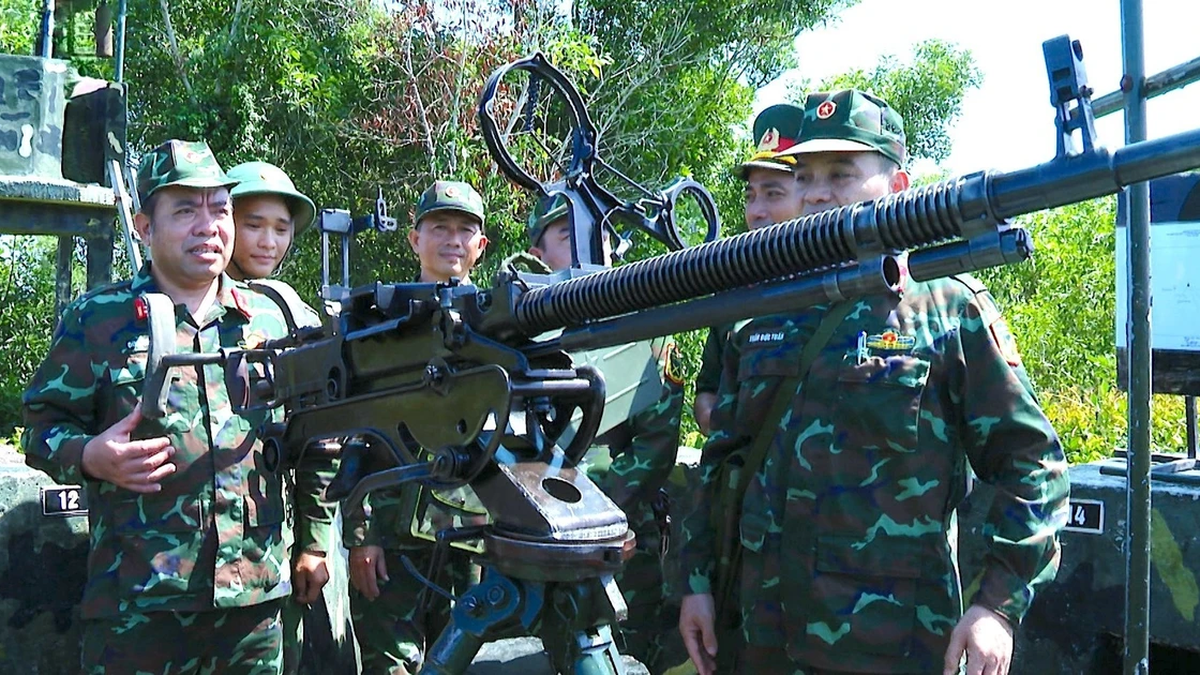Researchers in Australia have demonstrated that CRISPR can be used to disable cancer-causing gene mutations.
Researchers at the Peter MacCallum Cancer Centre in Melbourne, Australia, have demonstrated that the powerful gene editing tool CRISPR can be used to disable the KRAS G12, NRAS G12D and BRAF V600E gene mutations that cause pancreatic, colorectal and lung cancers.
The team used the Cas13 protein to activate CRISPR, a technology scientists use to target, disable or edit specific DNA in cells, targeting ribonucleic acid (RNA) rather than DNA.
They found that CRISPR-Cas13 could selectively degrade mutant RNA transcripts, while leaving intact the normal, non-mutated versions of the genes found in healthy cells. All of the targeted gene mutations in the study were single-nucleotide variants (SNVs), small changes in the genetic code that cause uncontrolled cell growth.

SNVs are notoriously difficult to target with conventional drugs, said study co-author Mohamed Farah. “With further development, this platform could transform the way we treat cancers caused by difficult-to-target mutations. The precision and adaptability of this system also opens new doors for personalized cancer treatments tailored to each individual’s unique genetic profile,” he said.
The method has been found to neutralize SNV with unprecedented precision and versatility in laboratory conditions, but further research is needed before it can be tested in humans, Farah said.
Previously, researchers at the University of Leuven in Belgium (KU Leuven) made an important discovery about pancreatic cancer and how cancer cells respond to chemotherapy.
New research published in the journal Nature Communications suggests that sudden temperature changes in cancer cells could reduce the effectiveness of chemotherapy for pancreatic tumors. According to oncologist Professor Johan Swinnen, a cancerous pancreas is typically around 1 degree Celsius warmer than a healthy pancreas, and this could lead to changes in the cells’ behaviour and metabolism.
Scientists discovered that this temperature change is related to the amount of unsaturated fats in the cells. At higher temperatures, the amount of unsaturated fats decreases, while chemotherapy works by oxidizing this type of fat. This means that when cell temperature increases, chemotherapy becomes less effective.
This discovery opens up a new direction in pancreatic cancer research and treatment. A better understanding of the relationship between temperature, fat and the effectiveness of chemotherapy will help scientists develop more effective treatments.
According to Intellectual Property
Source: https://doanhnghiepvn.vn/cong-nghe/australia-su-dung-crispr-de-vo-hieu-hoa-cac-dot-bien-gene-gay-ung-thu/20241227124135752


































































































Comment (0)